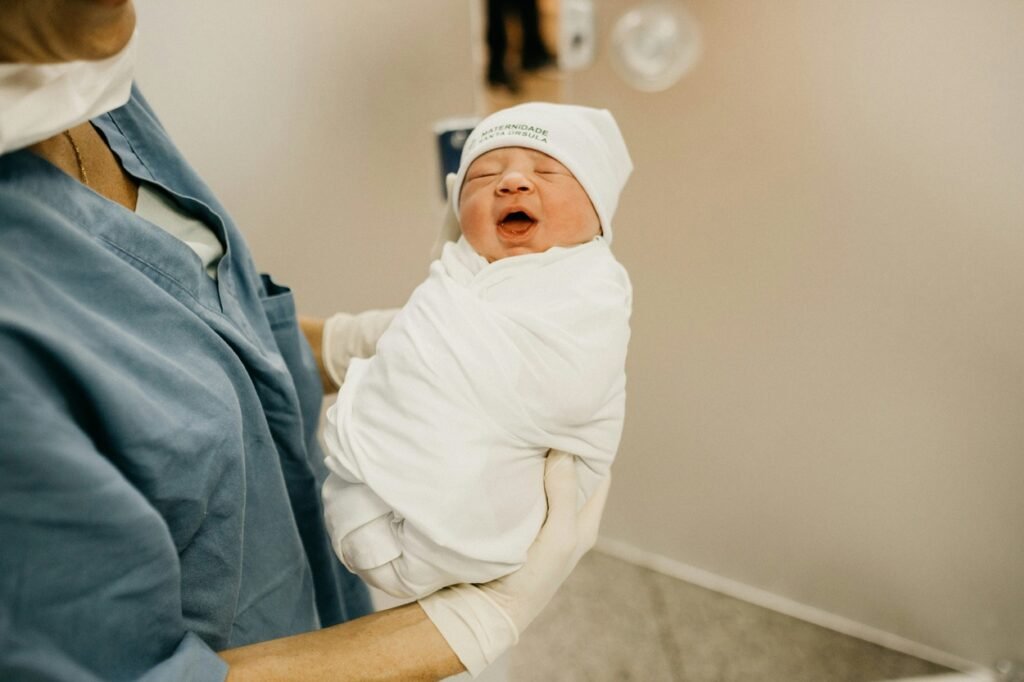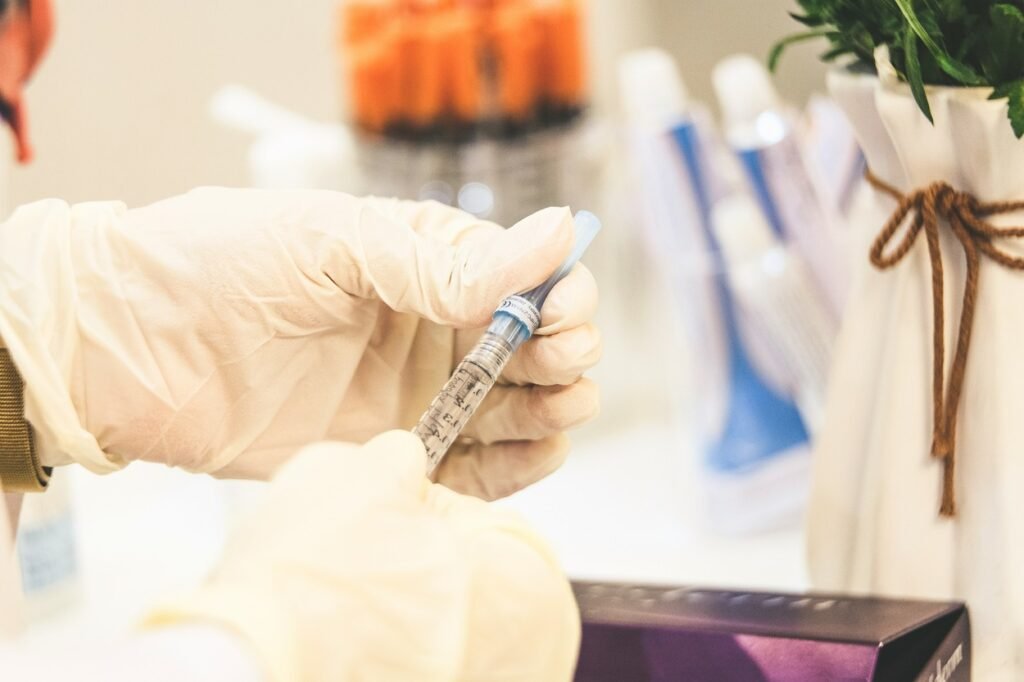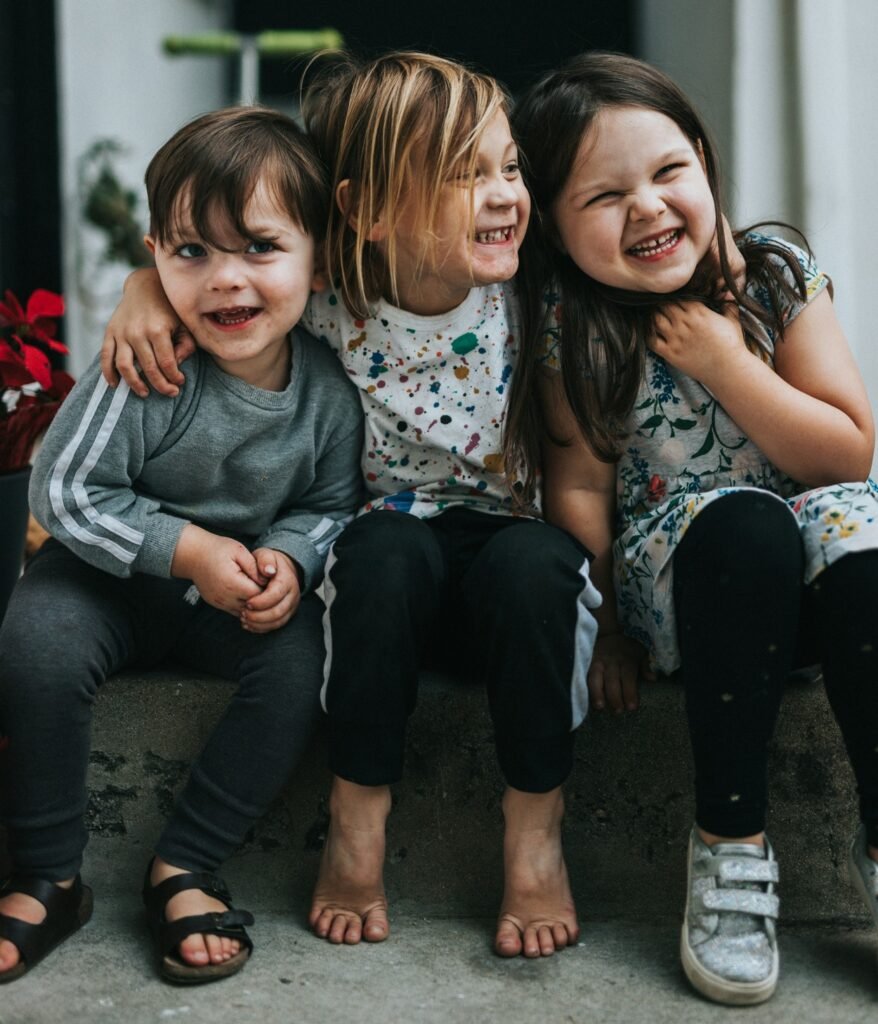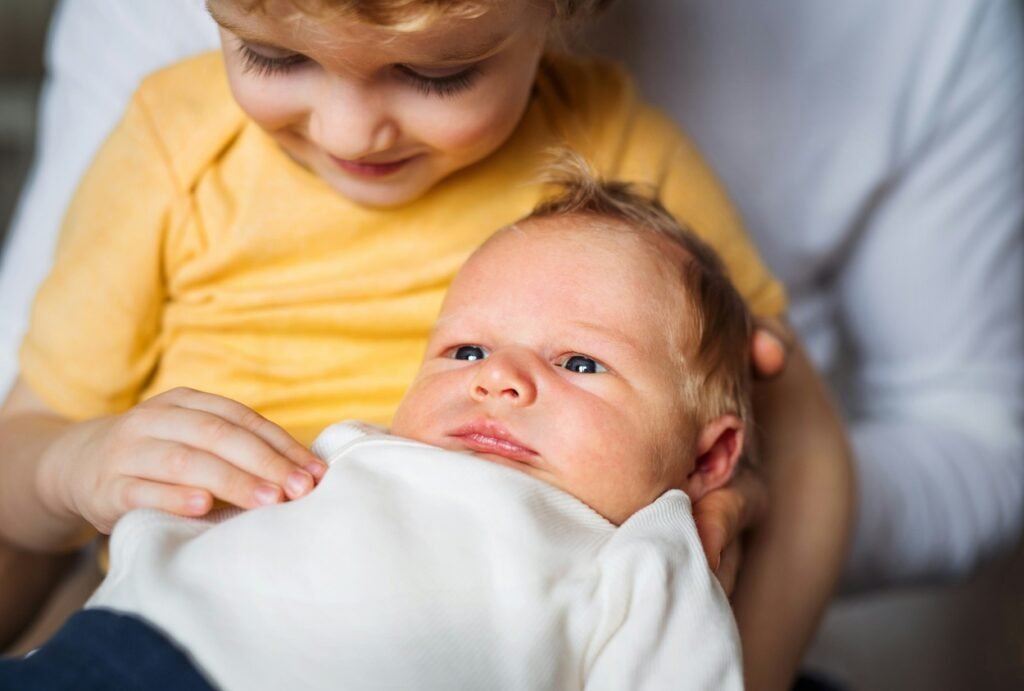The wondrous world of newborns is such a place where sleep deprivation becomes the new norm, and deciphering baby babble becomes a daily challenge. Amidst the diaper changes and late-night feedings, many parents wonder: when is it okay for their precious little one to rub elbows (or rather, drool) with other tiny humans?
Trust me, I get it. With my elder one barely a year old when my newest arrival graced us with their presence, I was practically juggling pacifiers and burp cloths like a circus performer. So, when exactly do we toss our newborns into the baby social pool and hope they swim rather than sink?
Fear not, dear parents, for we’re about to embark on the quest for the perfect timing to introduce your newborn to the wide world of playdates and tiny tot gatherings.
The Early Days: From Birth to Three Months
The newborn phase is where chaos reigns supreme, and survival hinges on mastering the art of one-handed diaper changes. With a toddler in tow and a newborn in arms, socialization took a backseat to survival mode.
Those first three months were a blur of sleepless nights and caffeine-fueled days, with my primary focus being on keeping both kiddos fed, changed and relatively content. Playdates? More like survival of the fittest (or should I say, most caffeinated?).
- Bonding Time: In these initial months, your newborn is primarily focused on bonding with you, the parent. Soak up those snuggles and enjoy the sweet moments of quiet cuddles.
- Family Introductions: While your little one might not be ready for a full-on baby bash, introducing them to close family members can help foster those early connections. Cue the grandparents’ endless cooing and picture-taking!
- Gentle Stimuli: Keep in mind that your baby’s senses are still developing, so opt for gentle stimuli like soft music or soothing lullabies. Save the rave lights for their first birthday bash.

The Golden Window: Three to Six Months
Fast forward a few months, and we found ourselves settling into a rhythm of sorts. With my littlest one hitting the three to six-month milestone, I began to entertain the idea of dipping our toes into the baby social scene. Sure, there were challenges (hello, naptime meltdowns, and double diaper duty), but there were also moments of pure joy—watching my two tiny humans interact and bond in their own special way.
From low-key playdates with fellow sleep-deprived parents to impromptu toddler-baby dance parties in the living room, these were the moments that made the chaos feel oddly magical.
Safety First: Vaccinations and Immune System Considerations
Of course, no discussion of newborn socialization would be complete without addressing the elephant in the room: safety. With two little ones under the age of two, I quickly learned the importance of staying vigilant when it came to germs and illnesses. Ensuring both kiddos were up-to-date on vaccinations became a top priority, along with practicing good hand hygiene and avoiding crowded places during flu season.
Because let’s face it, ain’t nobody has time for sick babies when you’re knee-deep in dirty diapers.

Building Immunity: The Benefits of Early Socialization
As daunting as the prospect of exposing my newborn to the outside world may have seemed, I soon discovered the undeniable benefits of early socialization. Watching my littlest one interact with their sibling and other tiny humans helped foster crucial social skills and laid the groundwork for future friendships.
Plus, let’s be real, there’s nothing quite like witnessing the pure joy of sibling snuggles and toddler giggles.
Reading Your Baby’s Cues: Signs It’s Time to Pause
Of course, as any seasoned parent will tell you, every baby is different. While some little ones may thrive in social settings, others may need a bit more time to warm up to the idea of playdates and group gatherings. Learning to read your baby’s cues and knowing when to hit the pause button became essential skills in my parenting arsenal.
From recognizing signs of overstimulation to honoring their need for quiet cuddles and downtime, listening to my little one’s cues helped ensure that their social experiences were positive and enriching.

The Bottom Line: Trusting Your Instincts
So, when should a newborn be around other kids? The truth is, there’s no one-size-fits-all answer. With my littlest one barely three months old when we started dipping our toes into the baby social scene, I quickly learned that every baby—and every family—is different. Trusting my instincts, staying flexible, and embracing the chaos became my parenting mantra.
Because at the end of the day, it’s not about ticking off milestones or checking boxes—it’s about savoring each precious moment with my little ones, messy diapers and all.
